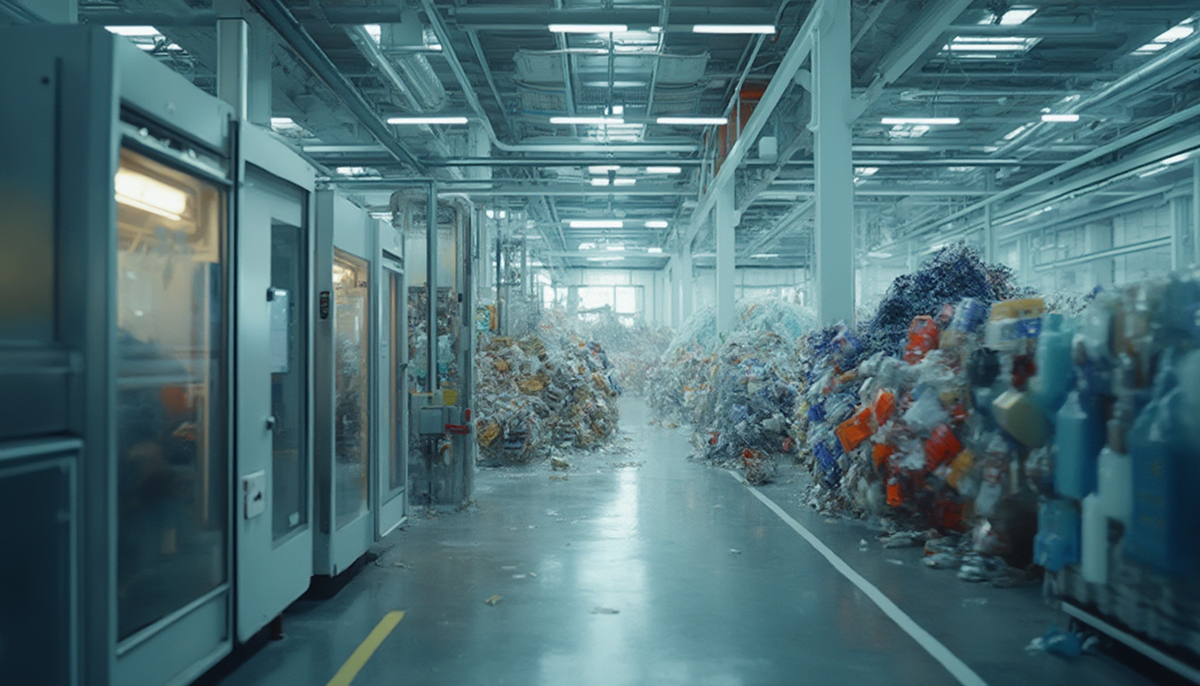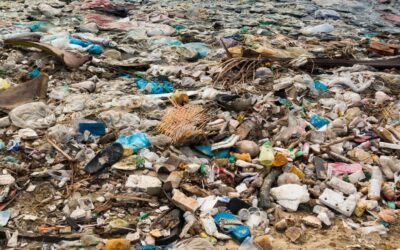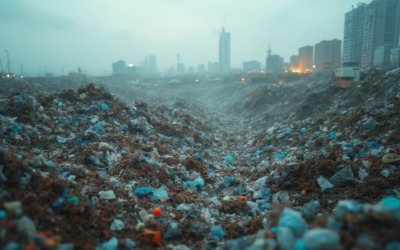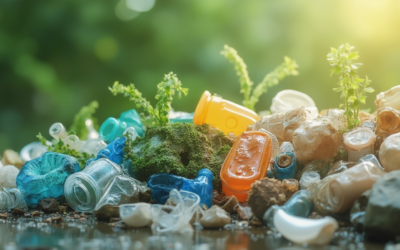Plastic pollution poses a significant threat to the environment, impacting oceanic and terrestrial ecosystems worldwide. This comprehensive post explores various plastic pollution solutions, focusing on innovative technologies, community involvement, and policy frameworks essential for tackling this pervasive issue.
Key Takeaways
- Innovative technologies are key to improving plastic waste management.
- Community initiatives significantly contribute to reducing global plastic pollution.
- Policy reforms are crucial for systemic changes in plastic production and waste.
- Biodegradable alternatives offer a more sustainable option, though with limitations.
- Education and awareness are essential in fostering global commitment to reducing plastic pollution.
Table of Contents
- Technological Innovations
- Community Action
- Policy and Regulations
- Biodegradable Solutions
- Educational Campaigns
- Conclusion
Technological Innovations in Plastic Waste Management
Advancements in recycling technologies, such as enhanced sorting systems and chemical recycling, have the potential to significantly mitigate plastic waste. These solutions not only help reduce landfill use but also encourage the circular use of resources.

Community Action
Local actions, such as beach clean-ups and educational workshops, play a pivotal role in combating plastic pollution. These grassroots movements empower individuals and bring about substantial environmental impacts through collective efforts.

Policy and Regulations
Stricter regulations on plastic production and waste management are necessary to curb global plastic pollution. Policies that enforce recycling, reduce single-use plastics, and impose standards on manufacturers are critical for sustainable development.
Biodegradable Solutions
While biodegradable plastics offer an alternative to traditional plastics, they come with their own set of environmental considerations. Research and development into more sustainable bioplastics continue to be a significant part of the solution.
Learn more about Bhumi’s work in sustainable solutions on our Knowledge Hub.
Educational Campaigns
Efforts to educate the public on the impacts of plastic pollution and the importance of sustainable practices are essential in fostering long-term changes. Schools, communities, and businesses can all be hubs of knowledge and transformation.
Explore more insights on plastic pollution in our Knowledge Hub.
Conclusion
Plastic pollution solutions require a multifaceted approach involving technological innovation, community engagement, strict policies, sustainable alternatives, and widespread education. By working together, we can mitigate the effects of plastic pollution and move towards a more sustainable future.
To discover more about how you can contribute to these efforts, visit Bhumi’, support our initiatives with a donation, or reach out via our contact page.




